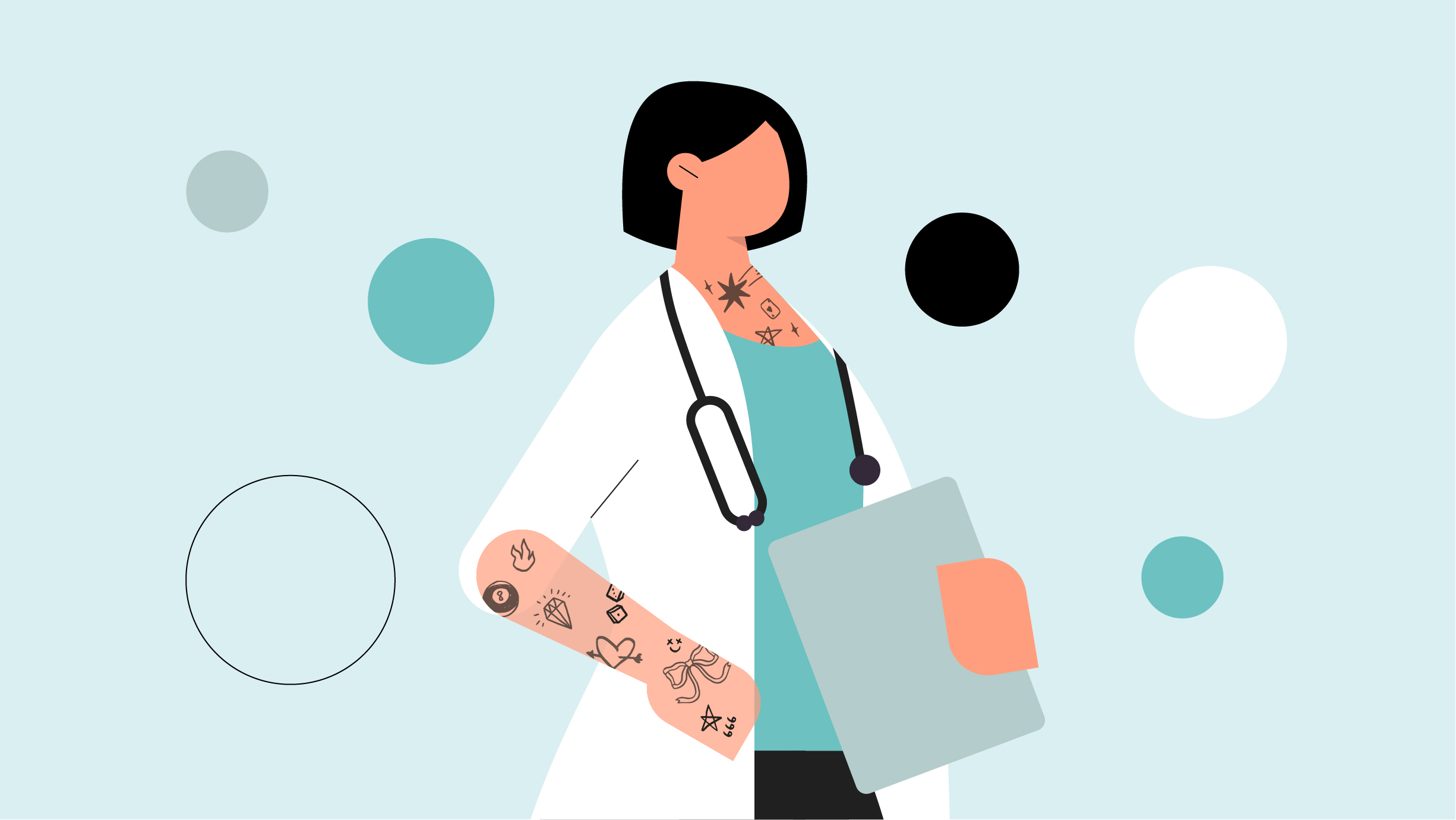What should I tell my care team before I take this medication?
They need to know if you have any of these conditions:
- Diabetes
- Hemophilia
- Kidney disease
- Liver disease
- An unusual or allergic reaction to darunavir, cobicistat, emtricitabine, tenofovir, sulfa medications, other medications, foods, dyes, or preservatives
- Pregnant or trying to get pregnant
- Breast-feeding
What may interact with this medication?
Do not take this medication with any of the following:
- Adefovir
- Alfuzosin
- Certain medications for blood pressure, heart disease, irregular heartbeat, such as dronedarone, ivabradine, ranolazine
- Certain medications for seizures, such as carbamazepine, fosphenytoin, phenytoin, phenobarbital
- Cisapride
- Colchicine (if you have liver or kidney problems)
- Elbasvir; grazoprevir
- Irinotecan
- Lurasidone
- Medications for cholesterol, such as lomitapide, lovastatin, simvastatin
- Medications for headaches, such as dihydroergotamine, ergotamine, methylergonovine
- Midazolam
- Naloxegol
- Other medication for HIV or AIDS
- Pimozide
- Rifampin
- Sildenafil for pulmonary arterial hypertension
- St. John's wort
- Triazolam
This medication may also interact with the following:
- Artemether; lumefantrine
- Bosentan
- Certain antibiotics, such as aminoglycosides, clarithromycin, erythromycin, telithromycin, rifabutin, rifapentine
- Certain medications for anxiety or sleep, such as buspirone, diazepam, estazolam, zolpidem
- Certain medications for blood pressure and heart disease, such as amlodipine, carvedilol, diltiazem, felodipine, metoprolol, nifedipine, timolol, verapamil
- Certain medications for cancer, such as dasatinib, nilotinib, vinblastine, vincristine
- Certain medications for depression, such as amitriptyline, desipramine, imipramine, nortriptyline, paroxetine, sertraline, and trazodone
- Certain medications for erectile dysfunction, such as avanafil, sildenafil, tadalafil, vardenafil
- Certain medications for fungal infection, such as isavuconazonium, itraconazole, ketoconazole, posaconazole, voriconazole
- Certain medications for mental health conditions, such as perphenazine, quetiapine, risperidone, thioridazine
- Certain medications for seizures, such as clonazepam, eslicarbazepine, oxcarbazepine
- Certain medications for viral infections, such as acyclovir, cidofovir, glecaprevir; pibrentasvir, valacyclovir, ganciclovir, valganciclovir
- Certain medications that prevent or treat blood clots, such as apixaban, betrixaban, dabigatran, edoxaban, rivaroxaban, ticagrelor, warfarin
- Clopidogrel
- Estrogen or progestin hormones
- Fesoterodine
- Medications for cholesterol, such as atorvastatin, fluvastatin, pitavastatin, pravastatin, rosuvastatin
- Medications for irregular heartbeat, such as amiodarone, digoxin, disopyramide, flecainide, lidocaine, mexiletine, propafenone, quinidine
- Medications that lower your chance of fighting infection, such as cyclosporine, everolimus, sirolimus, tacrolimus
- NSAIDs
- Opioid medications for pain, such as buprenorphine, buprenorphine; naloxone, fentanyl, methadone, oxycodone, tramadol
- Salmeterol
- Solifenacin
- Steroid medications, such as betamethasone, budesonide, ciclesonide, dexamethasone, fluticasone, methylprednisolone, mometasone, triamcinolone
- Ticagrelor
This list may not describe all possible interactions. Give your health care provider a list of all the medicines, herbs, non-prescription drugs, or dietary supplements you use. Also tell them if you smoke, drink alcohol, or use illegal drugs. Some items may interact with your medicine.
What should I watch for while using this medication?
Visit your care team for regular checks on your progress. Discuss any new symptoms with your care team. You will need to have important blood work done while taking this medication.
HIV is spread to others through sexual or blood contact. Talk to your care team about how to stop the spread of HIV.
This medication may cause serious skin reactions. They can happen weeks to months after starting the medication. Contact your care team right away if you notice fevers or flu-like symptoms with a rash. The rash may be red or purple and then turn into blisters or peeling of the skin. Or, you might notice a red rash with swelling of the face, lips, or lymph nodes in your neck or under your arms.
If you have hepatitis B, talk to your care team if you plan to stop this medication. The symptoms of hepatitis B may get worse if you stop this medication.
Estrogen and progestin hormones may not work as well while you are taking this medication. If you are using these hormones for contraception, talk to your care team about using a second type of contraception. A barrier contraceptive, such as a condom or diaphragm, is recommended.
This medication may increase blood sugar. The risk may be higher in patients who already have diabetes. Ask your care team what you can do to lower your risk of diabetes while taking this medication.
What are the most serious risks of this medication?
Do not stop taking this medication without first talking to your care team. If you have both HIV and hepatitis B, the symptoms of hepatitis B may worsen when you stop taking this medication. Your care team will check your liver and general health after treatment is stopped. You may need to take other medications if your hepatitis flares or returns.








